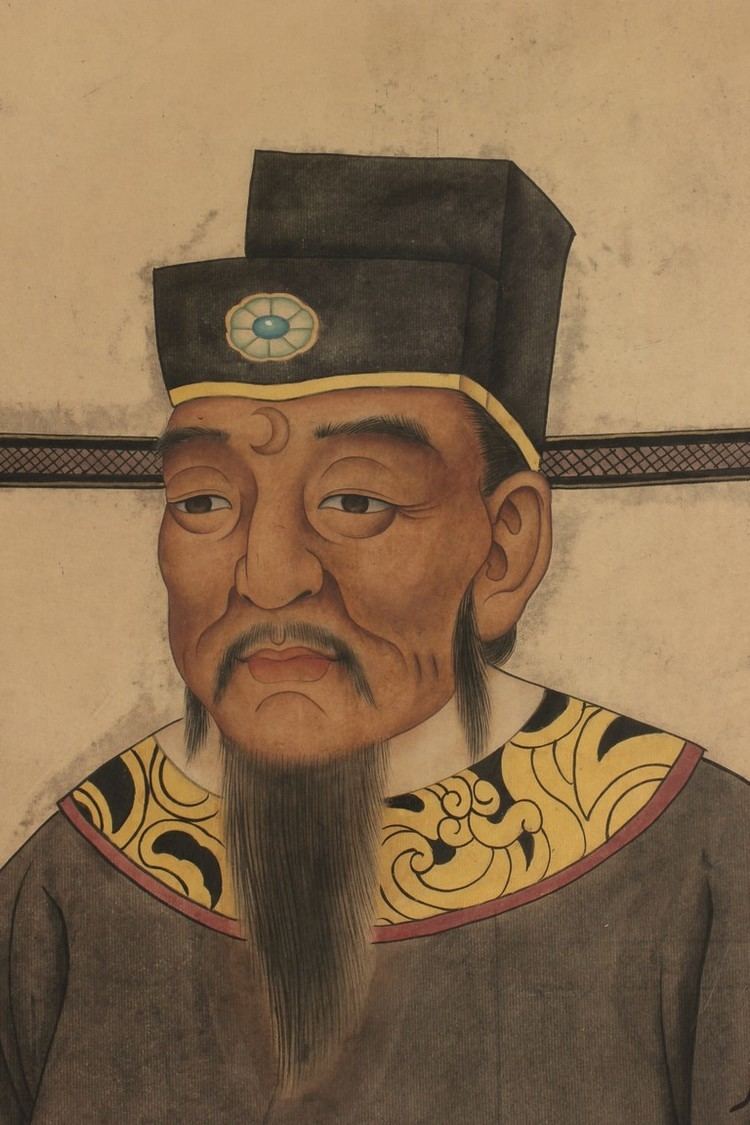In the matter of MGG Pillai v Tan Sri Dato' Vincent Tan Chee Yioun [2002] 2 MLJ 673 , the Federal Court was asked to set-aside its own judgment against Pillai for defamation of Tan, for ,amongst other reasons, apparent bias on the part of the then Chief Justice Eusoff Chin.
The issue of bias was based on photographs and other evidence which had come to light ,after being published on the Net, which showed Chin on holiday with counsel for Tan, VK Lingam, in the same matter.
So serious was this issue that the then minister in charge of justice, Rais Yatim, publicly chastised Eusoffe in the middle of 2000.
Eusoffe responded challenging Rais's powers, and when on to defend himself saying:
"You must remember, judges are not robots. They are human beings, they have to have friends because when they die, they have to be buried."
This entire episode was widely reported, both in Malaysia and internationally. It drew comment from the Bar Council, the Malaysian Opposition and even then prime minister Mahathir.
Against this background, Steve Shim (the other two judges, Norma Yaakob and Haidar Noor agreeing with him, decided , on the basis of the equitable doctrine of waiver, that because Pillai had taken his time in asserting Eusoff's bias, he had in effect chosen to give-up his right to assert bias.
In Steve Shim's words:
THE ISSUE OF WAIVER
In the course of his submission, counsel for the respondent has raised the issue of waiver on the part of the applicant....... This complaint is premised on the following factual circumstances: that the applicant, from the date the judgment was reserved by the Federal Court on January 13, 1998 to the date of delivery of the said judgment on July 12, 2000, had taken 30 months to make the application to disqualify Eusoff Chin, CJ (Malaysia), that the application to disqualify was made some seven months after the judgment was delivered, making it a total of about 37 months of inactivity; that the applicant had admitted that the facts giving rise to an apprehension of bias on the part of Eusoff Chin, CJ (Malaysia) arose during the course of hearing.
The applicant offered two main reasons for the delay; namely, that he did not have full knowledge of the facts or circumstances giving rise to grounds of apparent bias on the part of Eusoff Chin, CJ (Malaysia); and ; that he did not have knowledge of his right to object or challenge the court's decision.
He waited until judgment was delivered months later......he only "sprung into action" and decided to complain about bias after he had lost the appeal. If he had not lost, it is quite certain that he would not have filed the motion. He wanted the best of both worlds. That, the law will not allow. The doctrine of waiver has militated firmly against him. It has acted as a bulwark against what can suitably be called an after-thought action.
The degree to which Steve Shim and the court appear to have extended themselves in justifying their decision is more apparent in this paragraph:
It is also significant to note that the applicant took another seven to eight months to file the instant application to set aside the decision of the Federal Court . His explanation for the delay was that he was unable to get any solicitors to take up the matter given the repressive tendency apparent at the material time. He cited the repression to include the prevalence of contempt proceedings being made not only against certain parties but also their counsel involved .I find this explanation difficult to comprehend. In my view, even given the perception of repression the applicant might have had, I am still unable to accept such an irrational explanation. Without recounting names, I would say that there were at least half dozen lawyers in the country who would not have hesitated to take up the challenge.
I know for a fact that Pillai had great difficulty getting anyone to represent him , given his financial circumstances.
Even the unschooled can see how much more difficult it would be obtaining representation when the case involves an allegation of corruption not merely at the Bench,but of the Chief Justice himself.
That Steve Shim and the court were prepared to assert that there were at least half dozen lawyers in the country who would not have hesitated to take up the challenge
of representing Pillai goes only to show how far the Federal Court was prepared to reach in order to not have to deal with the issue of corruption and bias within their own ranks.
Subscribe to:
Post Comments (Atom)

2 comments:
well done and keep up the good work. the corrupt nexus is getting clearer by the day.
No crisis in judiciary? It would be great if you have to eat your own words, Nazri. it stinks, though.
Ganesh
maybe you can dig out teh Wee Choo Keong case. He is asking for a judicial review following the Lingamgate expose.
thanks for your great efforts todate.
Post a Comment